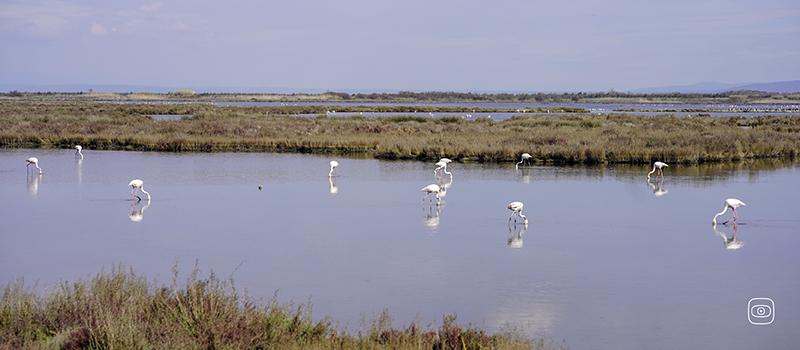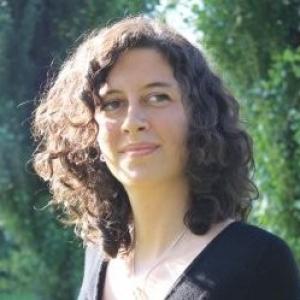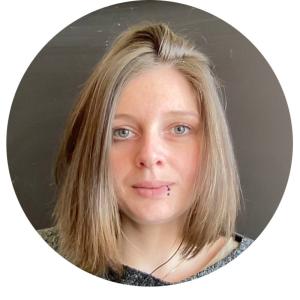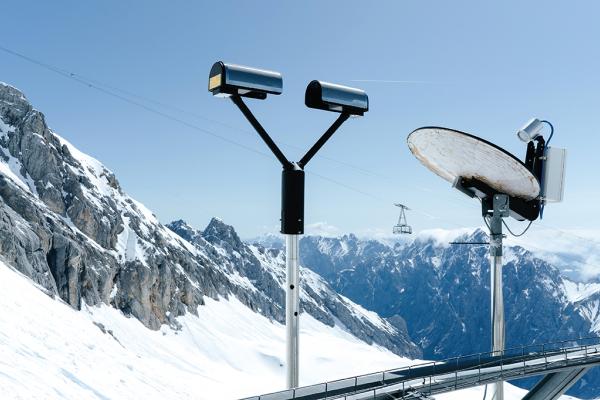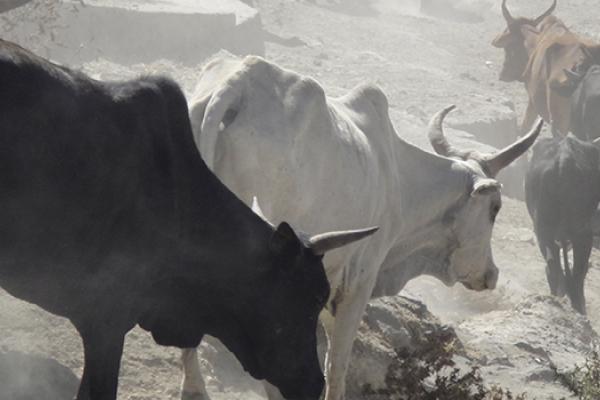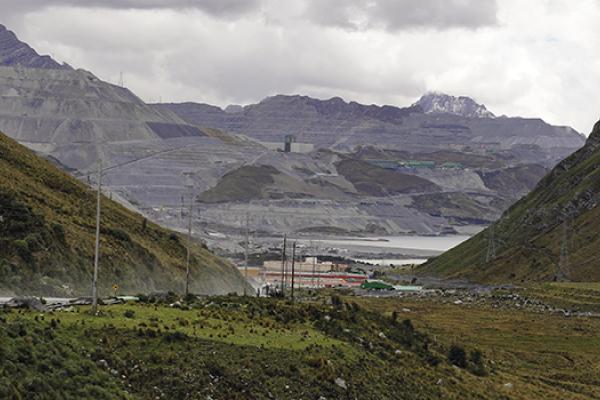Wetlands - such as lagoons, swamps, and peat bog - are a distinct ecosystem saturated by water and are vital CO2 emissions sponges, capable of locking up carbon for thousands of years. It is for this reason that, in 1971, the UN Ramsar Convention was signed by countries to conserve our wetlands. Yet, wetlands remain one of the most threatened ecosystems in Europe as countries actively encourage exploitation, supporting intensive agriculture, industrial extraction and mass tourism. The majority of wetlands in Europe - the bloc’s greatest carbon sinks and biodiversity hotspots - are exploited beyond repair due to decades of industrial activity.
Our team of reporters are based in the EU countries with the greatest loss of wetlands: Ireland, which has lost 90% of its wetlands, Germany (80%), and Italy (75%).
In Ireland, the investigation exposed how two semi-state bodies that control 20% of Ireland’s peatlands continue to exploit them for commercial gain. We revealed the direct impact of poor climate policy: putting plantation forestry and wind farms on peatlands - highlighting resulting water quality impacts and continued draining of peats for speculative planning applications.
In Germany, we revealed how politicians circumvent urging climate issues by opposing the Nature Restoration Law. We showed in Germany how conservative political inaction and lobby work is not only postponing essential steps toward landscape restoration, but also leaving farmers with no answer to their questions about the social-economic consequences in the case of a large-scale rewetting of agricultural peatlands.
In Italy, our investigation combined scientific literature, satellite data, and field reporting to identify some of the most degraded or yet unknown Italian wetlands. We focused on Sardinia and Cervia as emblematic cases, demonstrating how a proper wetland protection is impossible without detailed scientific knowledge and an integrated management of these vital ecosystems.
Photo: Wetland in Oristano, Sardinia. The Gulf of Oristano boasts 7,700 hectares of Ramsar wetlands of international importance (over 60% of Sardinia's entire heritage). Credit: Giulia Bonelli
IMPACT
- The investigation reached Facta.eu’s core community of researchers, scientists, activists, NGOs representatives and teachers. The team received several qualitative feedback on the project’s results, which were used at local level for advocacy activities to protect wetlands in Sardinia. Moreover, further Italian wetlands that could be investigated were suggested by researchers and activists, and the journalists are currently exploring several opportunities to expand the project.
- The project has served as a pilot to develop a collaborative approach between science and investigative journalists and a group of data scientists based at SISSA post-graduate School in Trieste, Italy. Elisabetta Tola gave several seminars and practical sessions in this school to present the project’s main steps and results.
- Results of the investigation were also included in the German non-fiction book Moore sind wie Menschen, nur nasser which was published in May 2024 by Katapult Verlag. The non-fiction book took a broad perspective on peatland within it also critically examined agriculture on drained peatlands and the EU subsidies in relation to climate impact costs.
